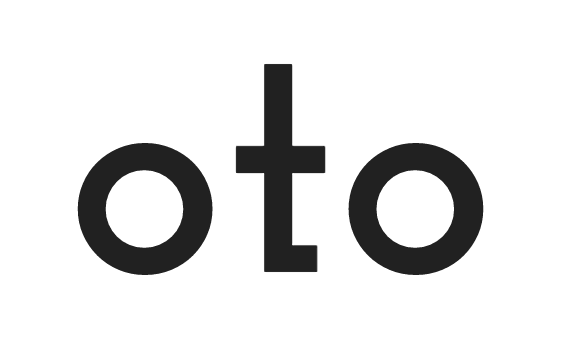Go driven rpc code generation tool for right now.
- 100% Go
- Describe services with Go interfaces
- Generate server and client code
- Modify the templates to solve your particular needs
Install the project:
go install github.com/pacedotdev/oto
Create a project folder, and write your service definition as a Go interface:
// definitions/definitons.go
package definitions
// GreeterService makes nice greetings.
type GreeterService interface {
// Greet makes a greeting.
Greet(GreetRequest) GreetResponse
}
// GreetRequest is the request object for GreeterService.Greet.
type GreetRequest struct {
// Name is the person to greet.
Name string
}
// GreetResponse is the response object for GreeterService.Greet.
type GreetResponse struct {
// Greeting is the greeting that was generated.
Greeting string
}Download templates from otohttp
mkdir templates \
&& wget https://raw.githubusercontent.com/pacedotdev/oto/master/otohttp/templates/server.go.plush -q -O ./templates/server.go.plush \
&& wget https://raw.githubusercontent.com/pacedotdev/oto/master/otohttp/templates/client.js.plush -q -O ./templates/client.js.plushUse the oto tool to generate a client and server:
mkdir generated
oto -template ./templates/server.go.plush \
-out ./generated/oto.gen.go \
-ignore Ignorer \
-pkg generated \
./path/to/definition
gofmt -w ./generated/oto.gen.go ./generated/oto.gen.go
oto -template ./templates/client.js.plush \
-out ./generated/oto.gen.js \
-ignore Ignorer \
./path/to/definition- Run
oto -helpfor more information about these flags
Implement the service in Go:
// greeter_service.go
package main
type GreeterService struct{}
func (GreeterService) Greet(ctx context.Context, r GreetRequest) (*GreetResponse, error) {
resp := &GreetResponse{
Greeting: "Hello " + r.Name,
}
return resp, nil
}Use the generated Go code to write a main.go that exposes the server:
// main.go
package main
func main() {
g := GreeterService{}
server := otohttp.NewServer()
generated.RegisterGreeterService(server, g)
http.Handle("/oto/", server)
log.Fatal(http.ListenAndServe(":8080", nil))
}Use the generated client to access the service in JavaScript:
import { GreeterService } from "oto.gen.js";
const greeterService = new GreeterService();
greeterService
.greet({
name: "Mat"
})
.then(response => alert(response.greeting))
.catch(e => alert(e));You can provide strings to your templates via the -params flag:
oto \
-template ./templates/server.go.plush \
-out ./generated/oto.gen.go \
-params "key1:value1,key2:value2" \
./path/to/definitionWithin your templates, you may access these strings with <%= params["key1"] %>.

